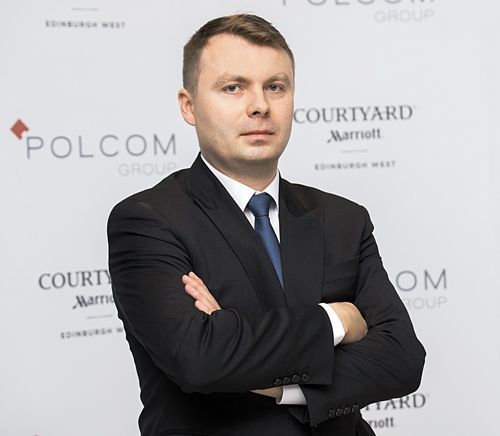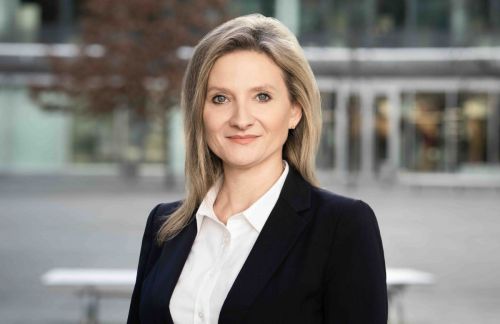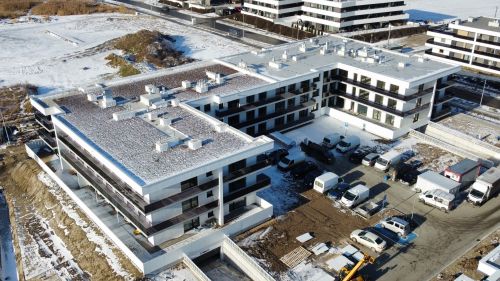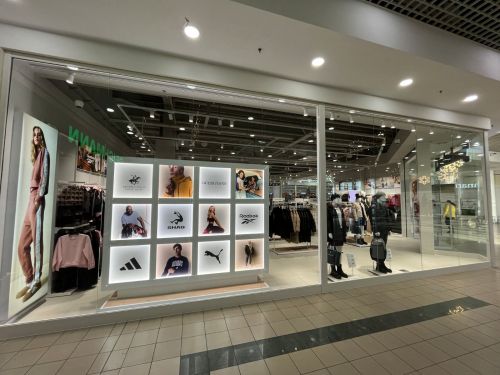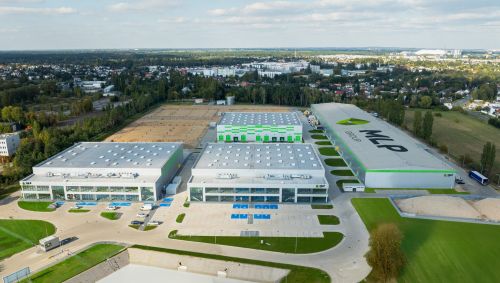Łukasz Słomiński, managing director, Polcom Group: Polcom began with the production of furniture, first for apartments and then for hotels. Five years ago, we started producing modules for development companies. Nowadays we assemble the modules we produce in a lot of places in the world, from the Western Coast of the United States to Europe. We’re building in Los Angeles, San Francisco and Seattle. We also have projects in Calgary and St John’s in Canada as well as on the Eastern Coast of the USA in Manhattan as well as Brooklyn in New York. We operate in a number of cities in Europe but we are also preparing projects in Asia in Hong Kong and Singapore.
You say that modules are the future. Why is that?
For example, we are currently building a hotel in Seattle opposite Amazon’s headquarters, which is being developed by Dutch chain Citizen M. By using our modules produced in Poland the chain will save around 10-15 pct on its costs and will build the hotel half a ye
